If you didn’t know going in that It Ends with Us, the new Blake Lively-starring movie based on the popular novel by Colleen Hoover, is about domestic abuse, you might be immediately taken for a spin. In this day and age, a serious topic like that would seem like it deserves a serious movie, one that telegraphs the importance of its subject matter.
This does not do that. The movie is as frothy as it is melodramatic; as much concerned with romance as it is with trauma. Throughout its over-two-hour run time, It Ends With Us stays incredibly loyal to its beach-read, airport-paperback origins. The result is a mix of tones that doesn’t always work, but often feels like a throwback to a different era of movie-making, one where the mid-budget movie willing to delve into issues was a viable business model. (Think: White Oleander, Where the Heart Is.) In that way, it’s a successful endeavor, even if it at times may have some schmaltz-allergic audience members rolling their eyes at the emotional roller coaster of the plot.
Lively plays the heroine, whose name is — wait for it — Lily Blossom Bloom, who we meet as she returns home to Maine for the funeral of her father. Asked to speak about him at the service, she can’t bring herself to say anything, less a result of grief than a clear sign he was not a good man. When she returns home to Boston, Lily has a meet-cute on a rooftop with Ryle Kincaid (Justin Baldoni, also the film’s director), a ridiculously handsome neurosurgeon. (At least the absurdity of the names is acknowledged in the screenplay by Christy Hall.) Their flirtation is abruptly cut short when he’s called to work, but soon enough he’s walking into her newly opened flower shop since he just happens to be the brother of her employee-slash-best friend Allysa (Jenny Slate).
Yes, lest you were thinking that It Ends with Us is subtle, Lily Blossom Bloom loves flowers, creating elaborate arrangements that have a sort of artisanal chic vibe. Think: Less bouquet of fresh cut roses and more like your friend’s hipster barn wedding from 2012.
As the budding romance between Lily and Ryle plays out, we’re simultaneously treated to flashbacks that build on a pivotal relationship in Lily’s teenage years. In Lily’s youth — where she’s played by Isabela Ferrer, made to look eerily like Lively with a voice to match — she develops a friendship with Atlas Corrigan (Alex Neustaedter). He’s a boy from a broken home who she finds squatting after his mother has kicked him out. Lily offers Atlas food and clean clothes. They take solace in one another that eventually leads to sex — her first time. Soon the adult version of Atlas (Brandon Sklenar) reappears in her life, igniting a jealousy in her now-boyfriend Ryle. Who, by the way, subsequently turns out to have a violent streak not unlike Lily’s own father, who she witnessed attacking her mother (Amy Morton).
Lily is subsequently presented with a choice: Stay with Ryle and continue the pattern of harm that she witnessed in her childhood or break free, ending the cycle. The choice is clear, but Baldoni’s direction and Hall’s script find cinematic tricks to help document the ways in which Lily tries to convince herself of Ryle’s innocence.
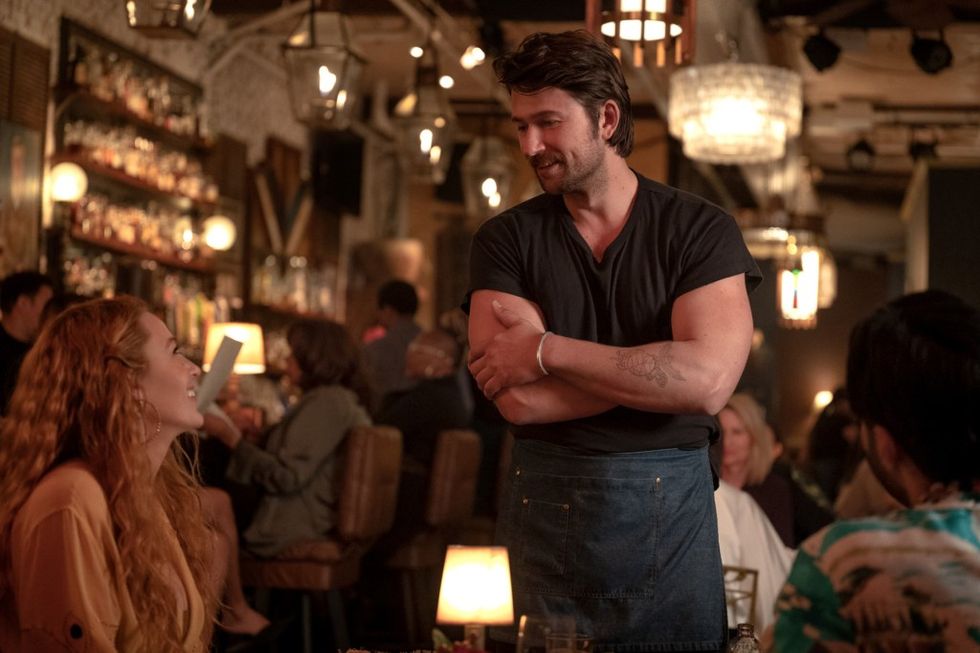
Arguably the biggest flaw in It Ends with Us, given where it ultimately goes, is that it is at its best when it’s playing with tropes that feel more at home in a romantic comedy. As a director, Baldoni takes his time with the meeting between Lily and Ryle, letting the viewer relax into their flirtation with long takes held on his and Lively’s faces. Baldoni and Lively are both practiced at the task of making moon eyes on screen given their work in television — him on Jane the Virgin and her on Gossip Girl — and they do it at each other very well. The butterflies are palpable.
Lively, whether with a lip bite or a hair toss, has an ability to create effortless chemistry with whoever she’s opposite on screen, whether that be Baldoni or Slate, the latter of whom is in perfect form as Movie BFF, mugging for the camera and adding in humor wherever possible. Slate and Hasan Minhaj, who plays her husband, occasionally feel like they are in a different movie, one that’s far lighter, as they portray the goofy, exorbitantly rich pair, who initially push Lily and Ryle together.
Baldoni has given himself the juicier role between the two men in Lily’s life, but he has a much better handle on it when he’s playing the love interest rather than the abuser. The film is somehow simultaneously too sympathetic to Ryle — he has a traumatic backstory of his own revealed late in the film — and turns him too quickly into a sneering villain. Meanwhile, Sklenar renders Atlas as a sympathetic blank slate. He’s never charming enough to fully win you over, even though he’s very clearly supposed to be Lily’s safe haven. Thus, the film relies on Lively’s take on Lily as its anchor, and she brings an open-hearted warmth to the role that draws you into the character’s joy as well as her suffering.
It Ends with Us very well may be the first in a long line of Hoover adaptations to come. The author has become a genuine phenomenon in the publishing world, and the film acts as a proof-of-concept for Hollywood. It’s slick and eager to elide the moral messiness of the material with its lightly empowering messaging, but also competently executed with a starry performance at its center. That recipe almost makes you nostalgic for what it’s selling: The old-school, middle-of-the-road tearjerker, the Starbucks latte of movies. It’s not going to blow your mind, it might taste a little burnt at times, but occasionally it does the trick.
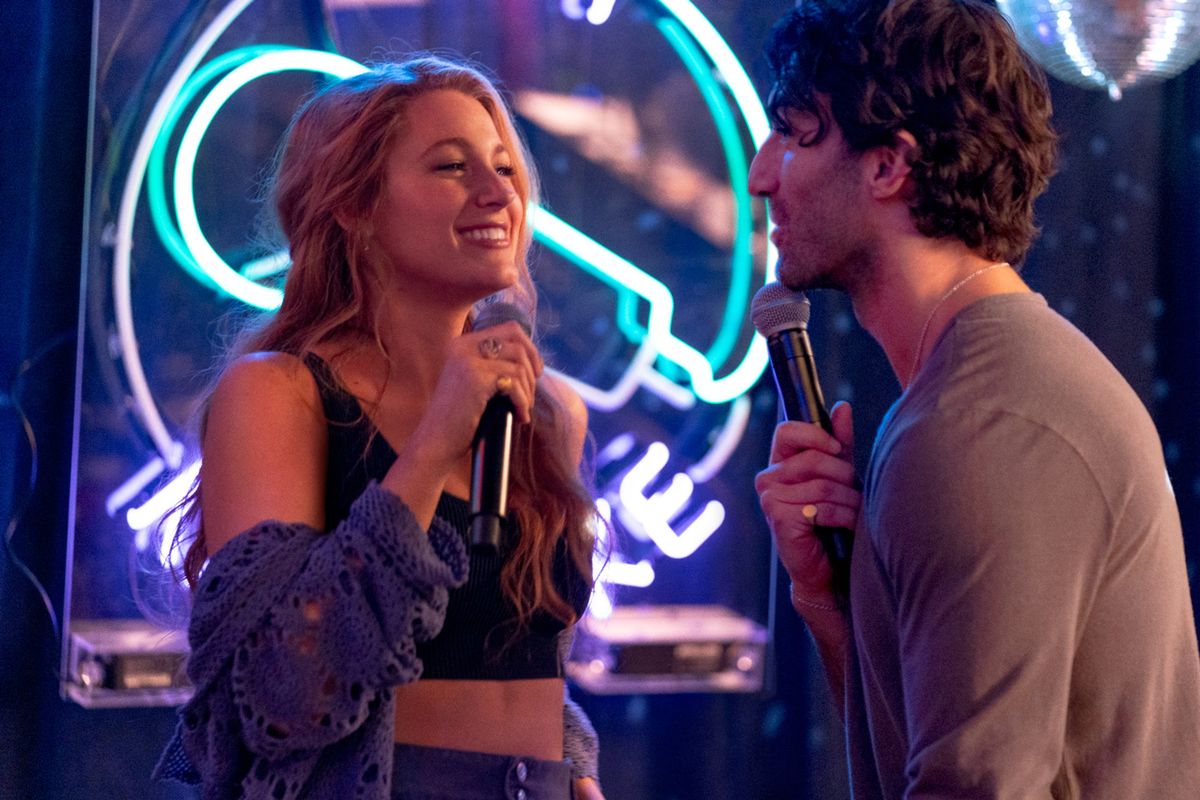






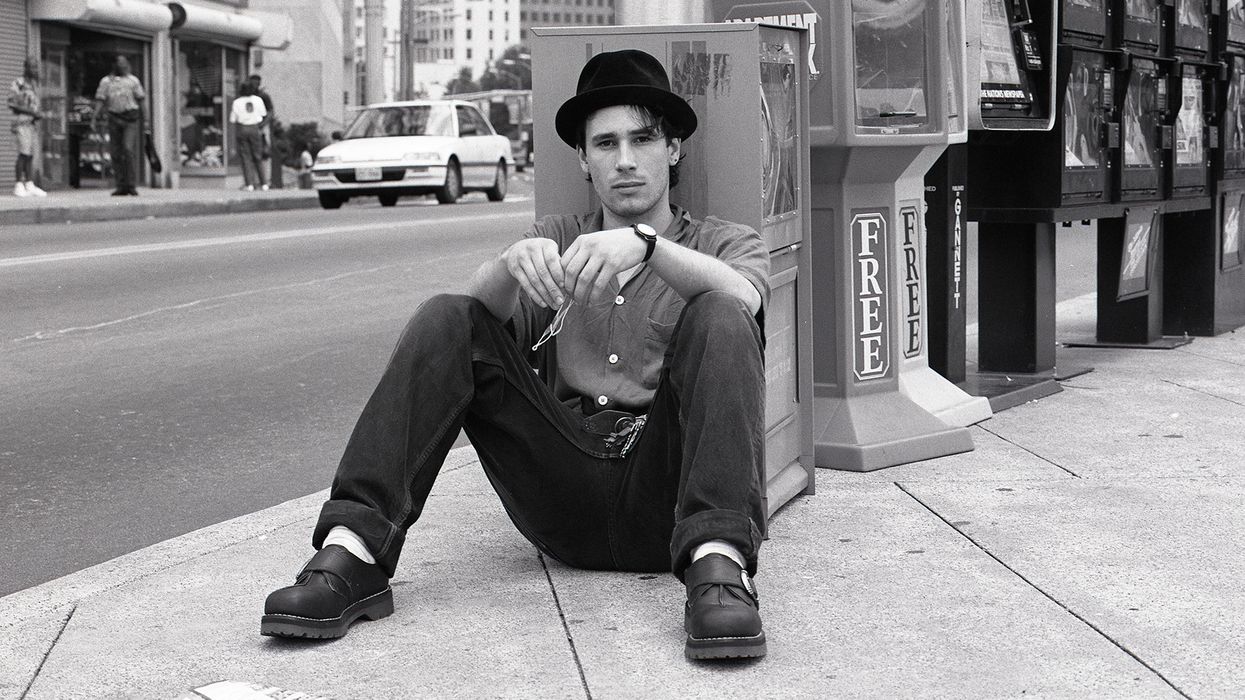
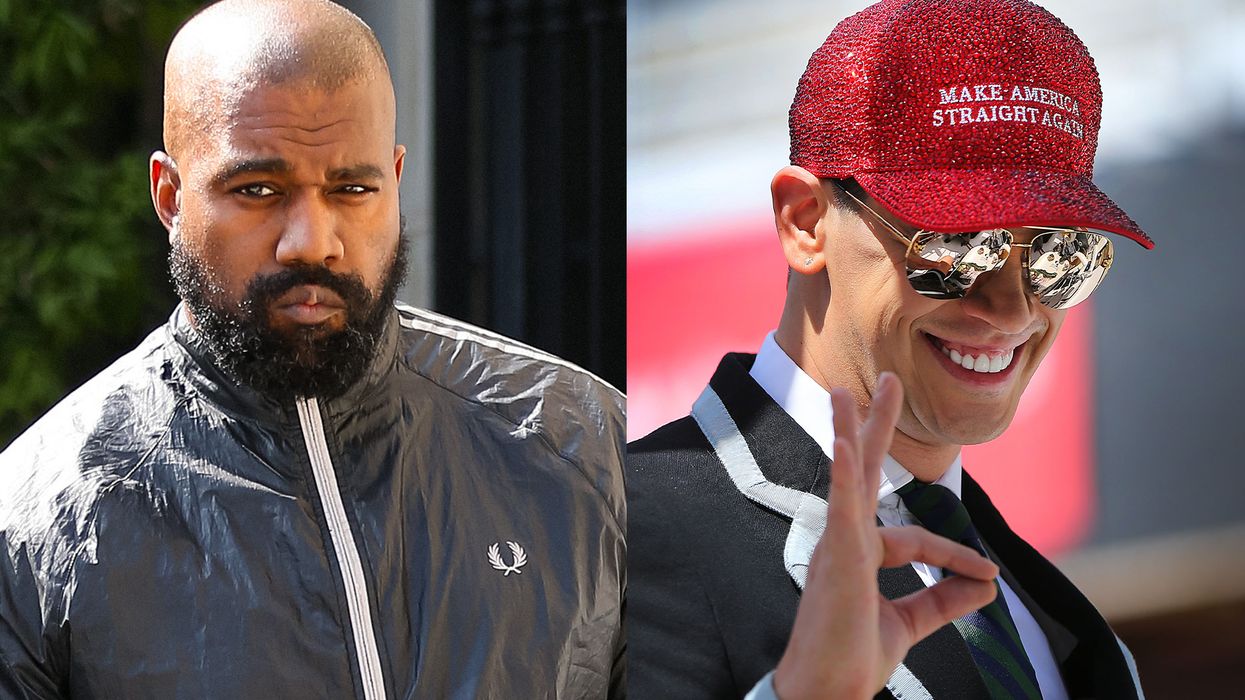
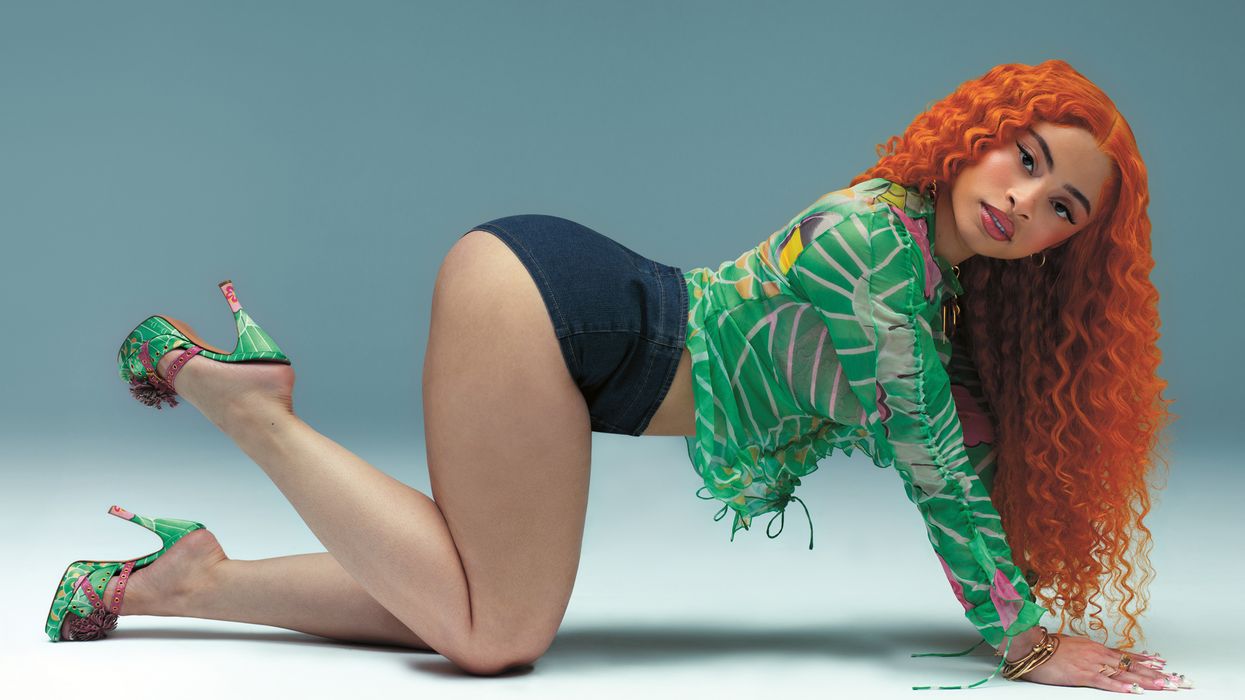
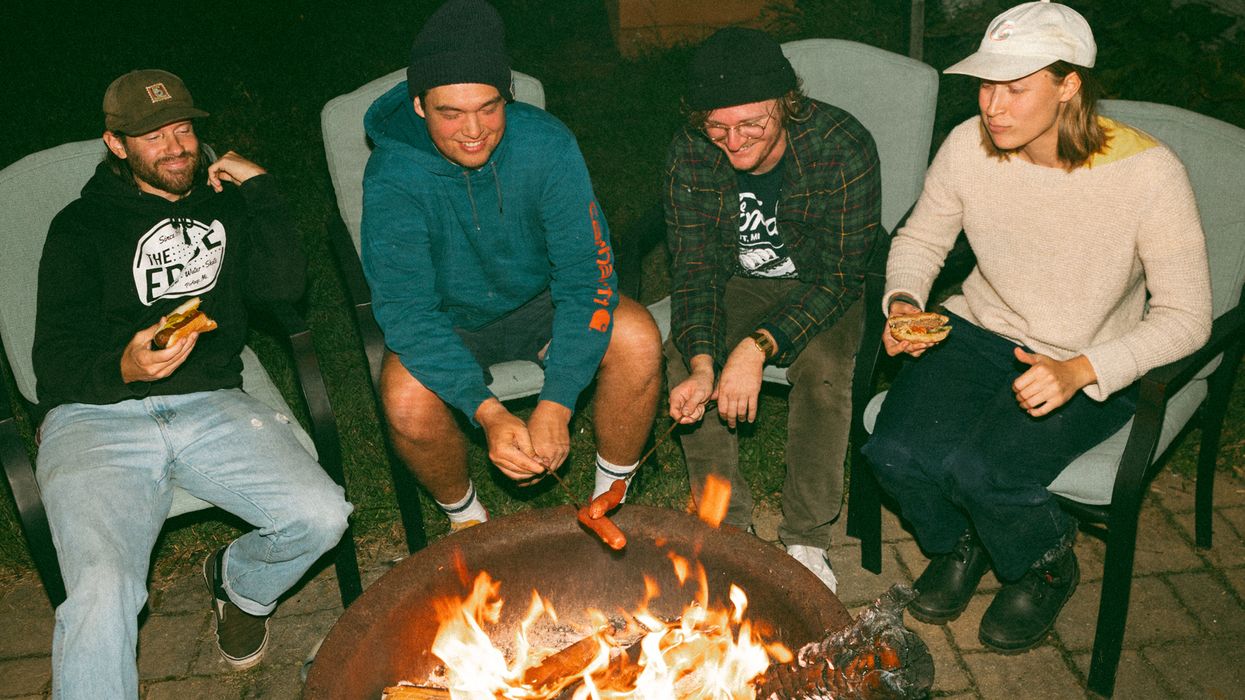
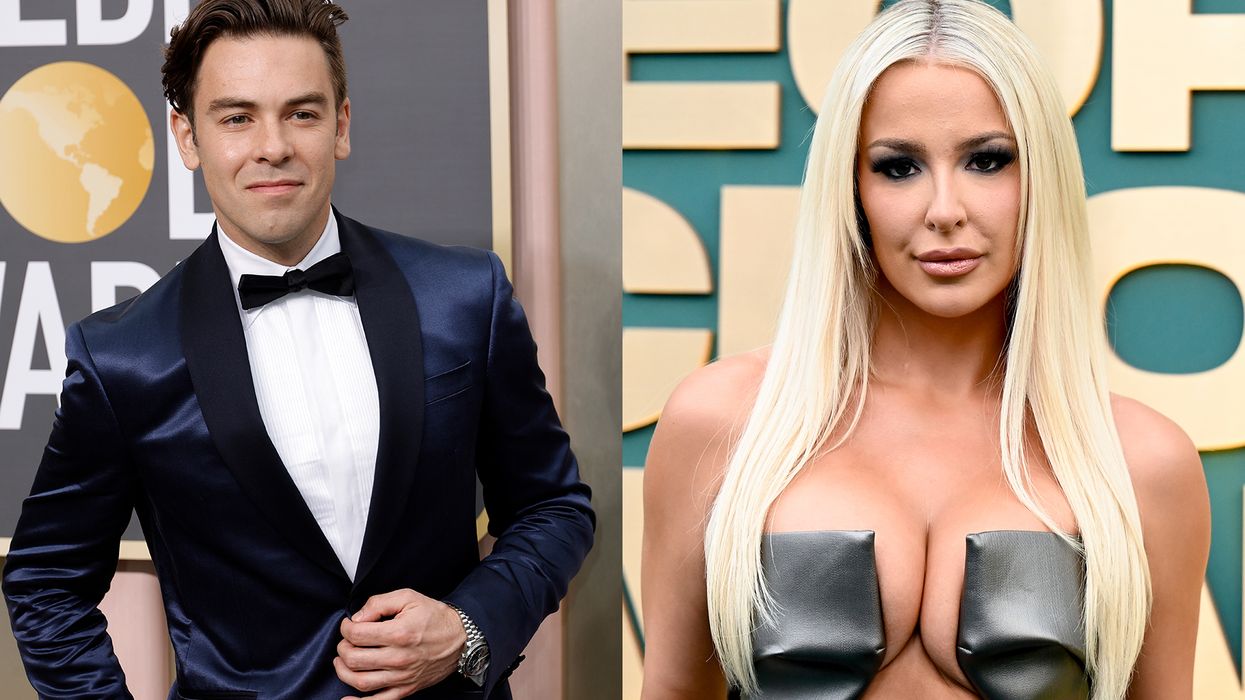
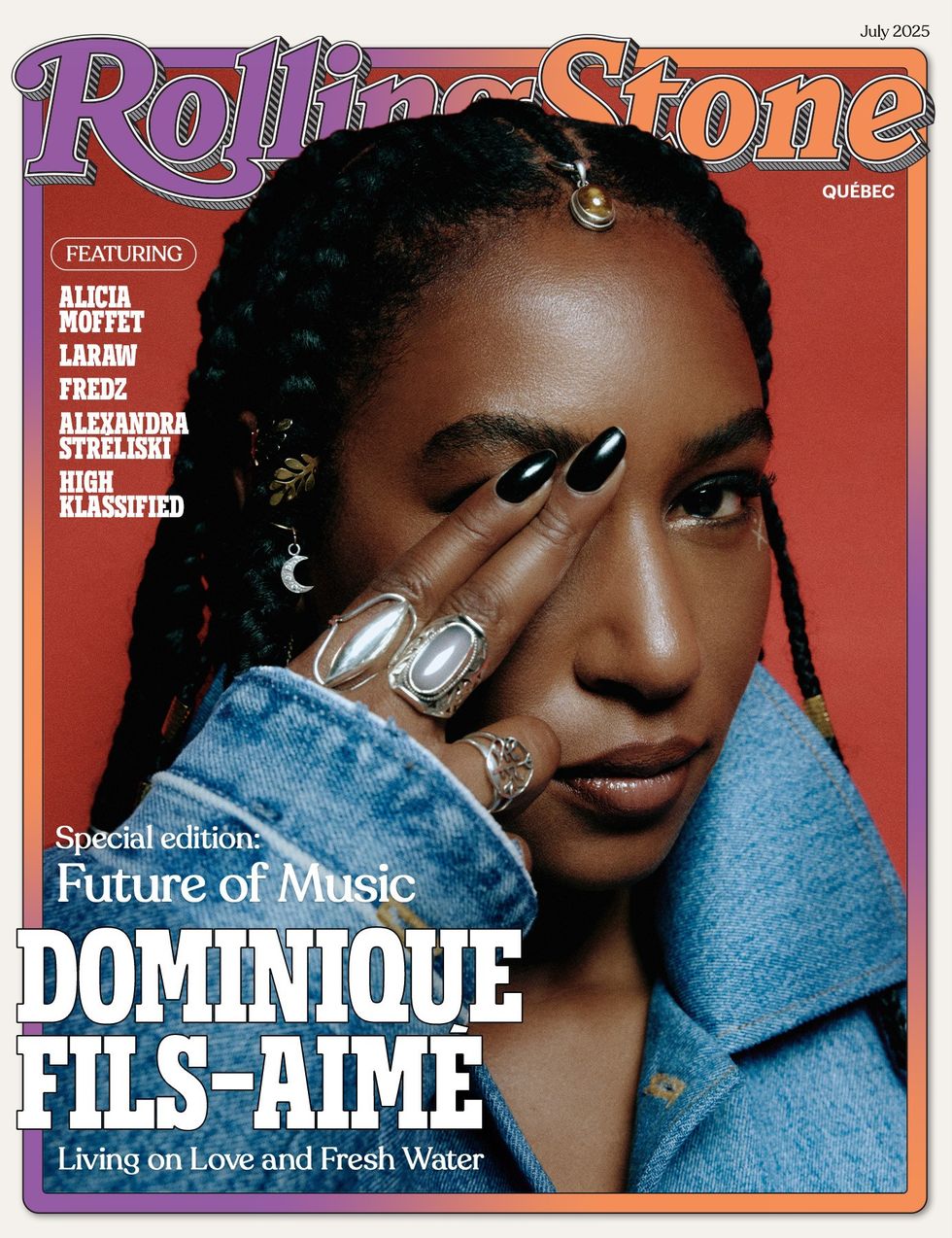 Jean Jacket: Repull/Jewelry: Personal collection
Jean Jacket: Repull/Jewelry: Personal collection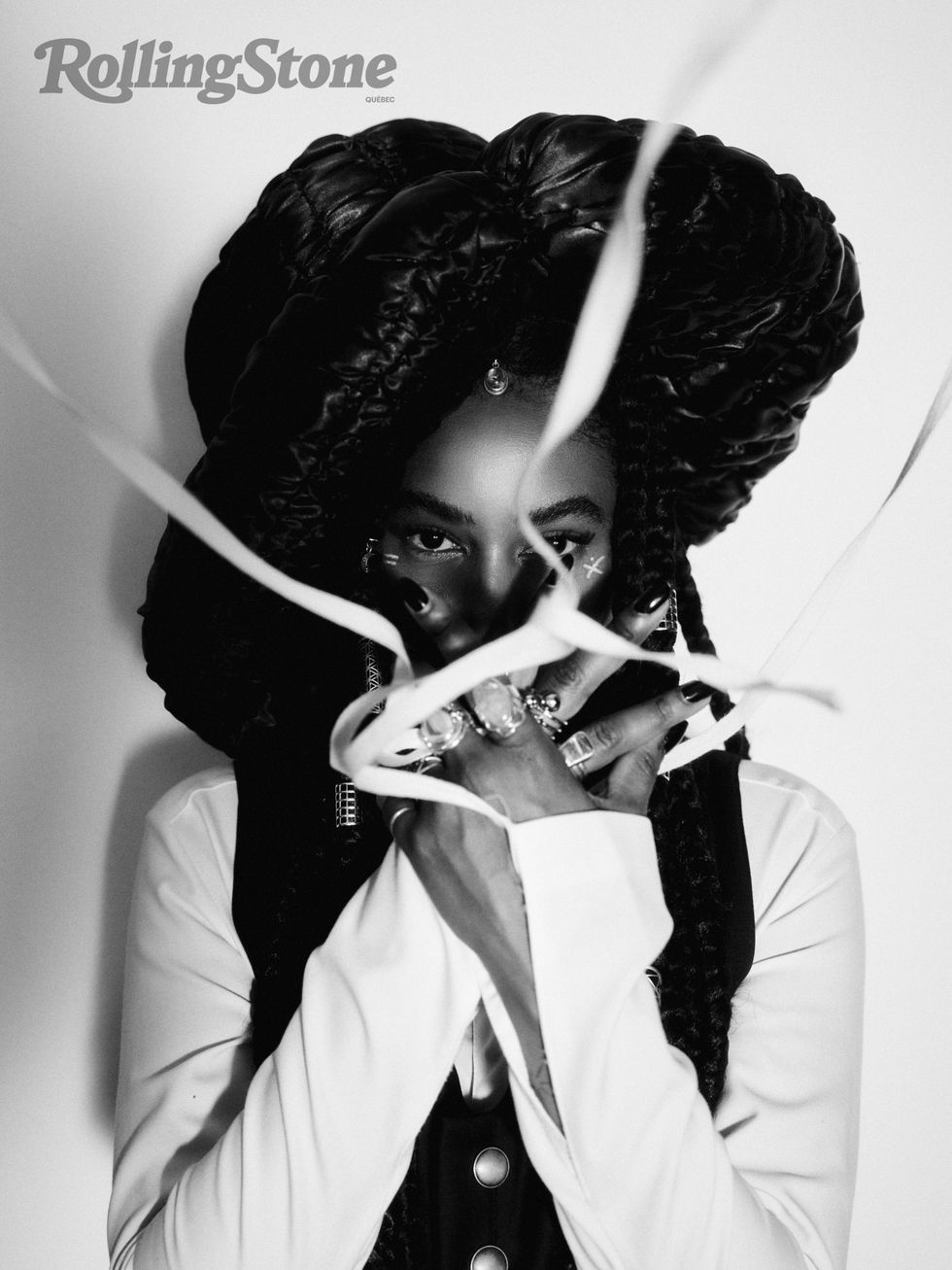 Hat: Xtinel/Dress shirt and vest: Raphael Viens/Jewelry: Personal Collection & So Stylé
Hat: Xtinel/Dress shirt and vest: Raphael Viens/Jewelry: Personal Collection & So Stylé 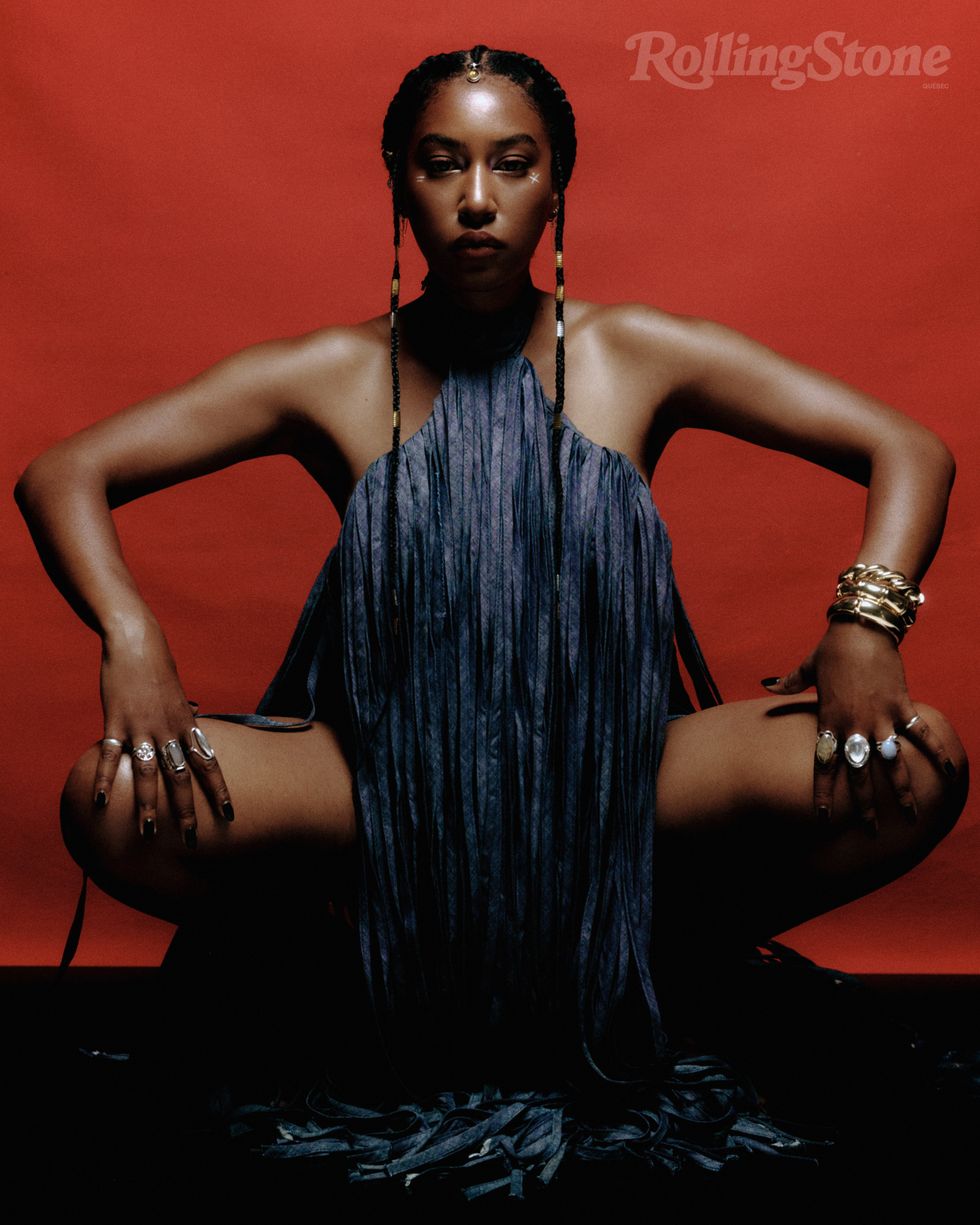 Dress: Helmer/Jewelry: Personal Collection
Dress: Helmer/Jewelry: Personal Collection 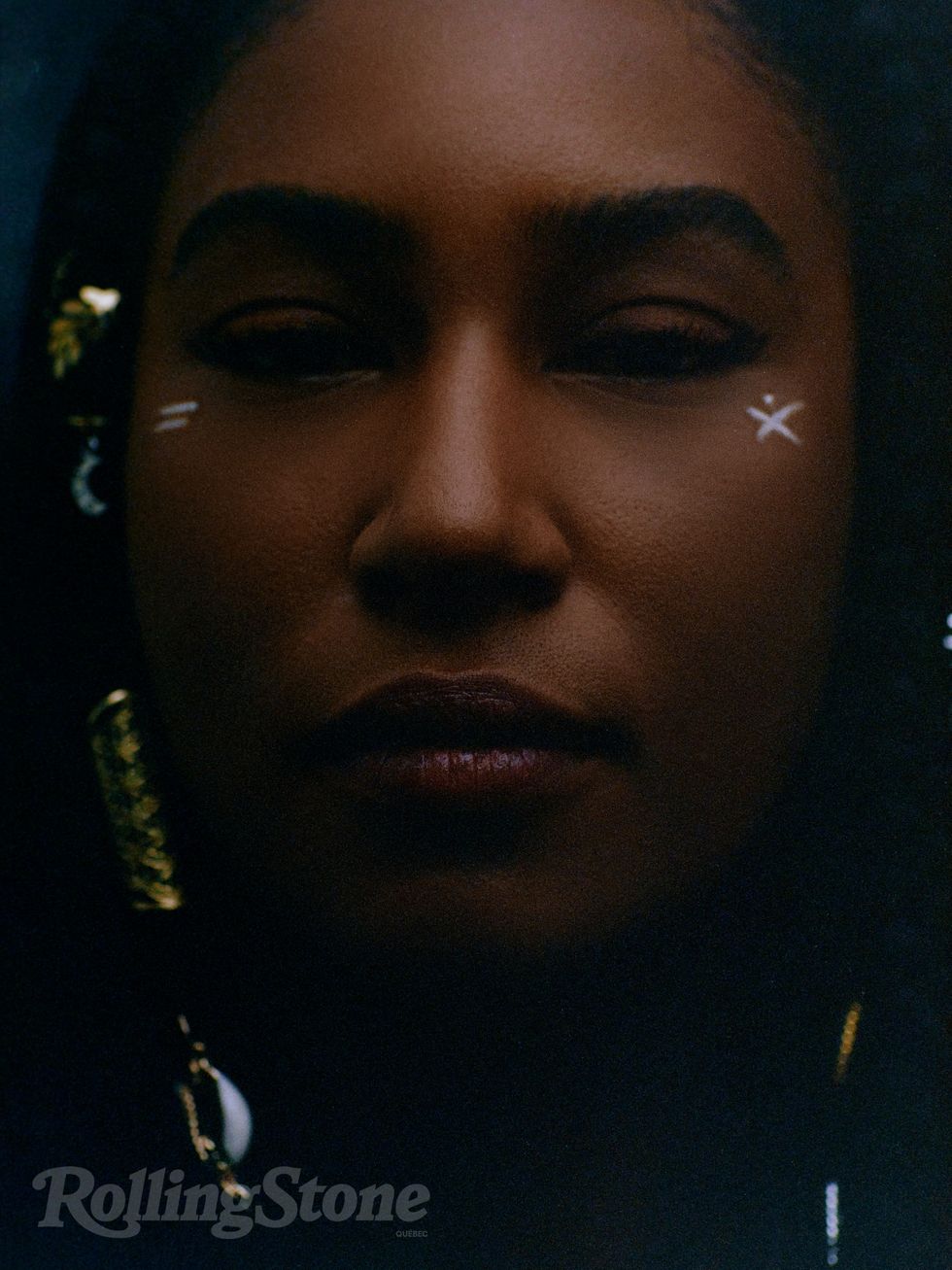 Jewelry: Personal Collection
Jewelry: Personal Collection 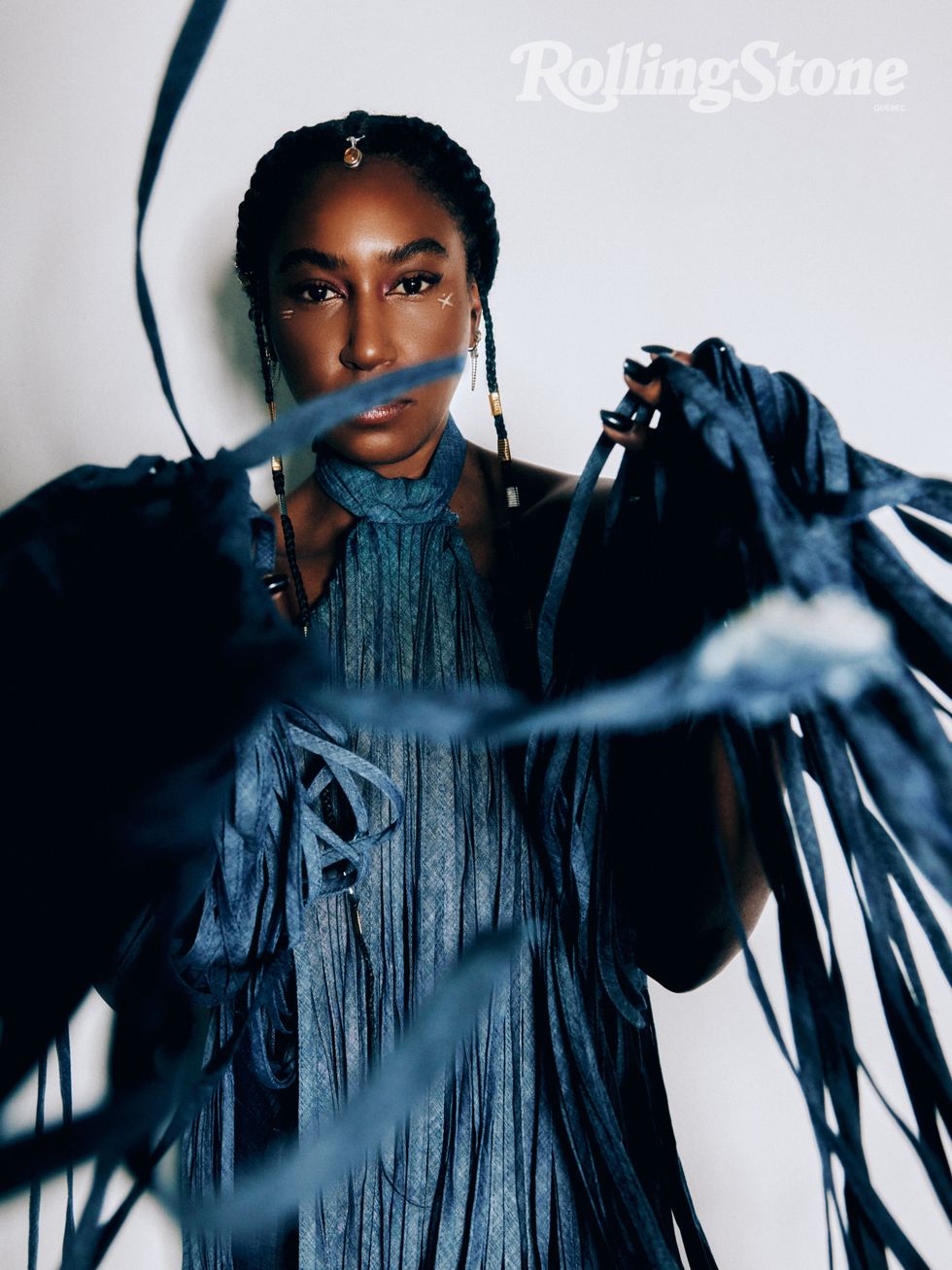 Dress: Helmer/Jewelry: Personal Collection
Dress: Helmer/Jewelry: Personal Collection 
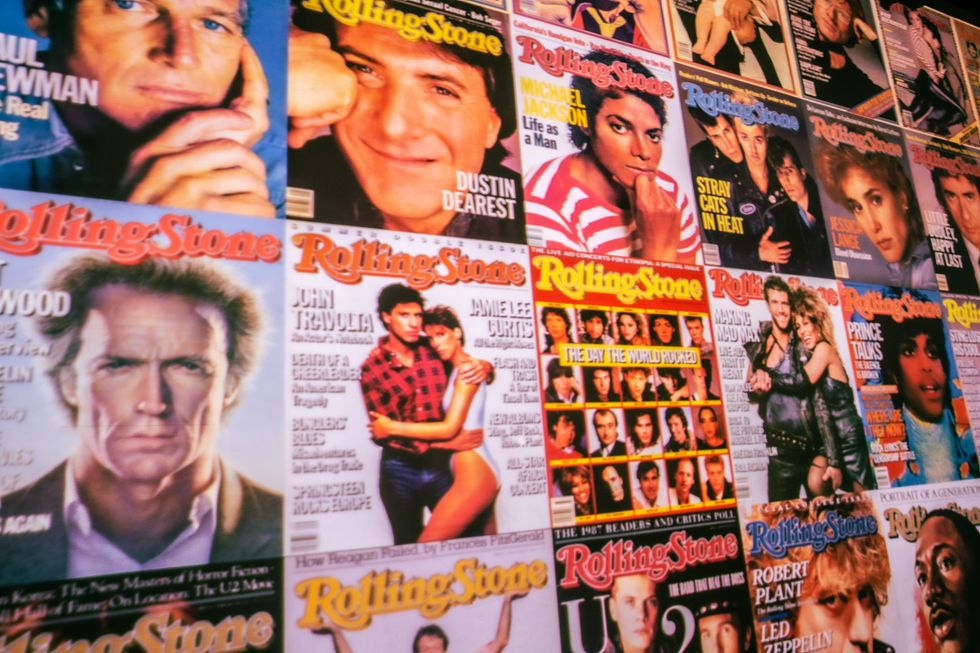
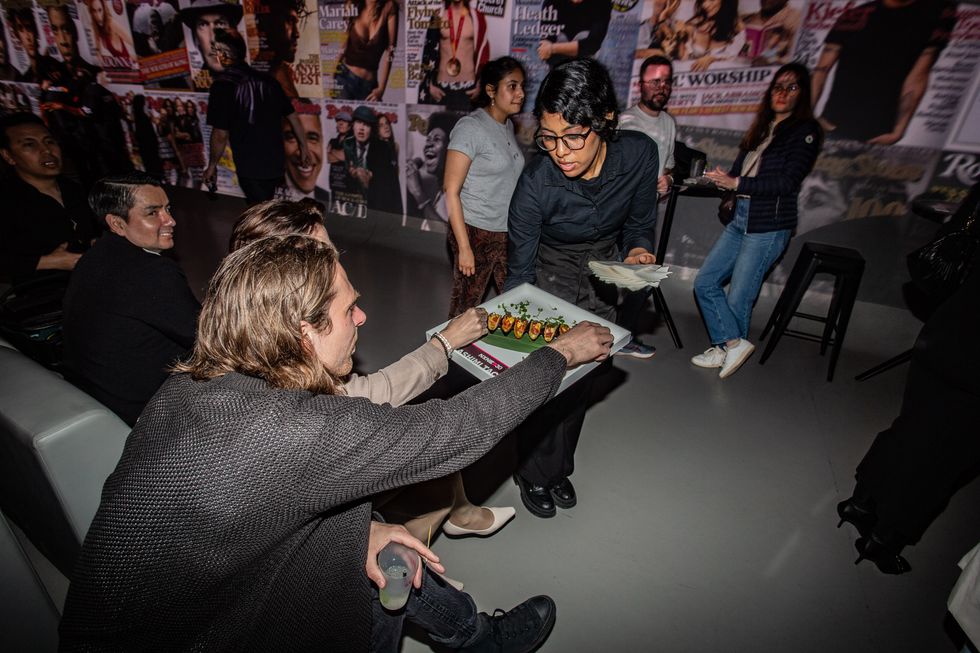 Catering Presented By The Food DudesPhoto by Snapdrg0n
Catering Presented By The Food DudesPhoto by Snapdrg0n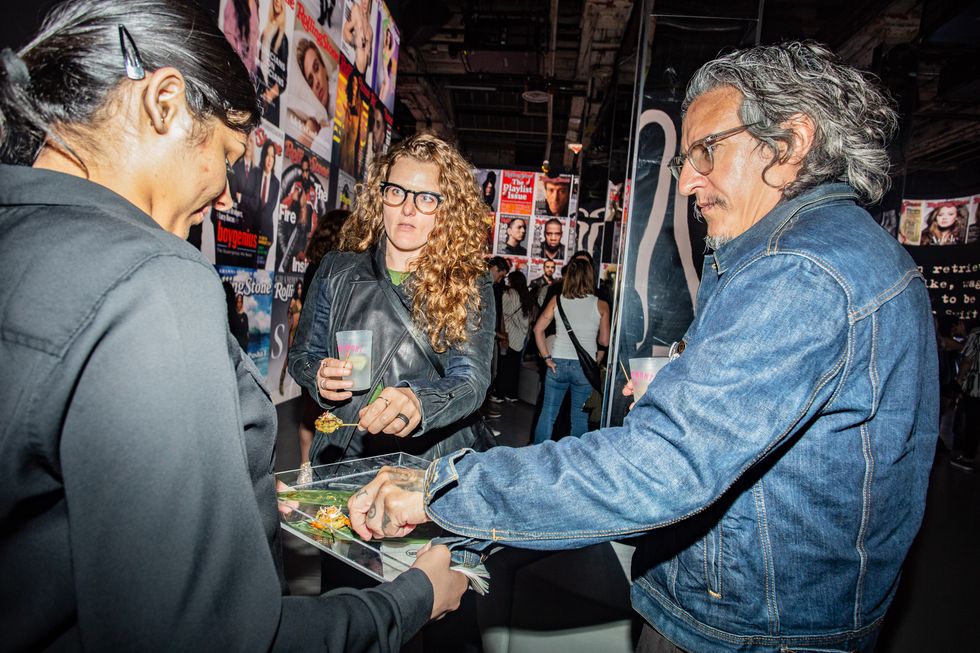 Catering Presented By The Food DudesPhoto by Snapdrg0n
Catering Presented By The Food DudesPhoto by Snapdrg0n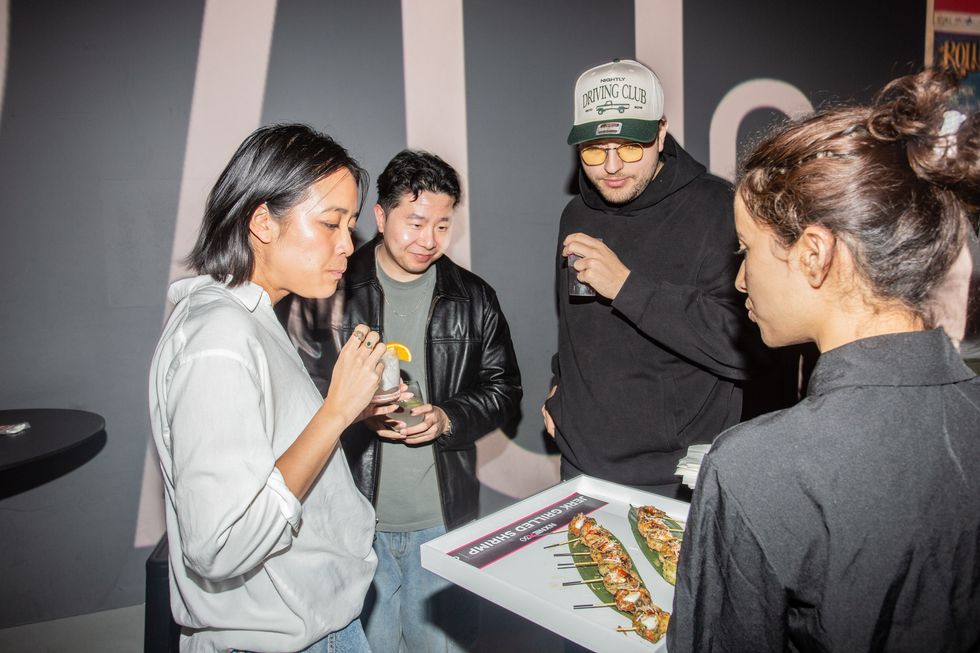 Catering Presented By The Food DudesPhoto by Snapdrg0n
Catering Presented By The Food DudesPhoto by Snapdrg0n
 Photographer: Raphaëlle Sohier / Executive production: Elizabeth Crisante & Amanda Dorenberg / Design: Alex Filipas / Post-production: Bryan Egan/ Headpiece: Tristan Réhel
Photographer: Raphaëlle Sohier / Executive production: Elizabeth Crisante & Amanda Dorenberg / Design: Alex Filipas / Post-production: Bryan Egan/ Headpiece: Tristan Réhel Photo: Raphaëlle Sohier
Photo: Raphaëlle Sohier Photo: Raphaëlle Sohier/ Photo production: Bryan Egan/ Blazer:
Photo: Raphaëlle Sohier/ Photo production: Bryan Egan/ Blazer:  Photo: Raphaëlle Sohier/ Blazer: Vivienne Westwood/ Skirt :
Photo: Raphaëlle Sohier/ Blazer: Vivienne Westwood/ Skirt : 
